Israel poised to finish off Hezbollah
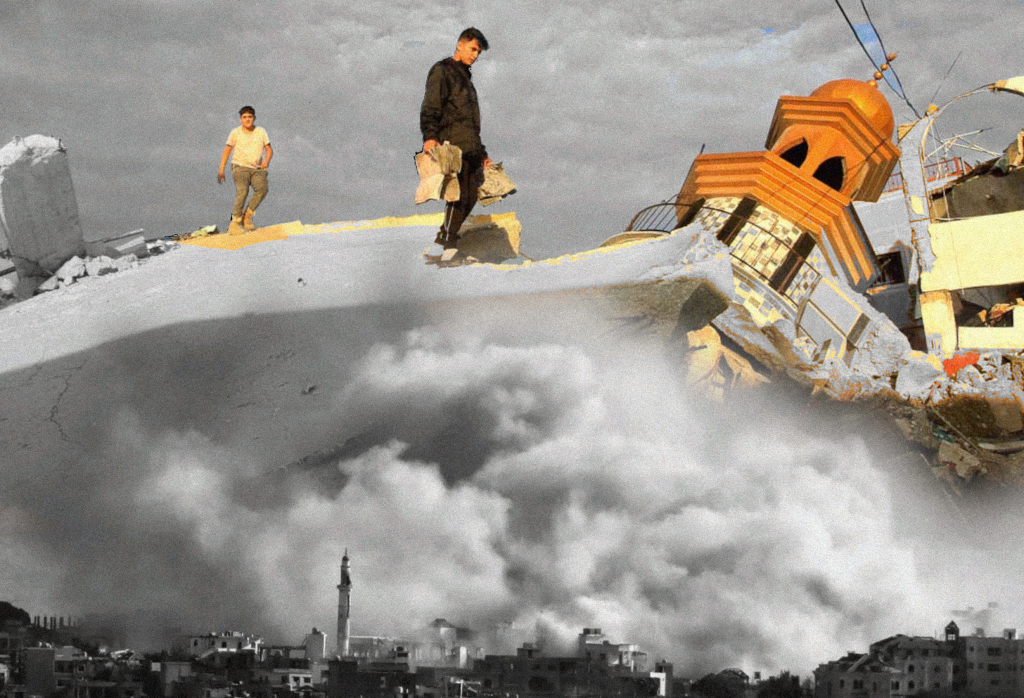
Israel hopes to tear Hezbollah out of Lebanese politics a leading Israeli journalist has warned, a policy which could see further destruction of the war-torn nation.
Under the belief that the Iran-backed militia was critically weakened in last year’s war, Tel Aviv is looking to press home its perceived advantage.
Speaking exclusively with Levantis, Israeli freelance journalist Guy Elster said: “Israel believes Hezbollah is weaker than ever – its leadership, led by Nasrallah, was eliminated during the last war and it lost its main smuggling route with the fall of the Assad regime in neighbouring Syria.
“If Hezbollah is further marginalized, Israel believes, a breakthrough in normalization talks with the Lebanese government is possible.”
The Israeli-Hezbollah ceasefire came into effect at the end of November 2024 but Netanyahu’s government has carried out over 1,200 strikes since, killing at least 100 people, according to The New Arab.
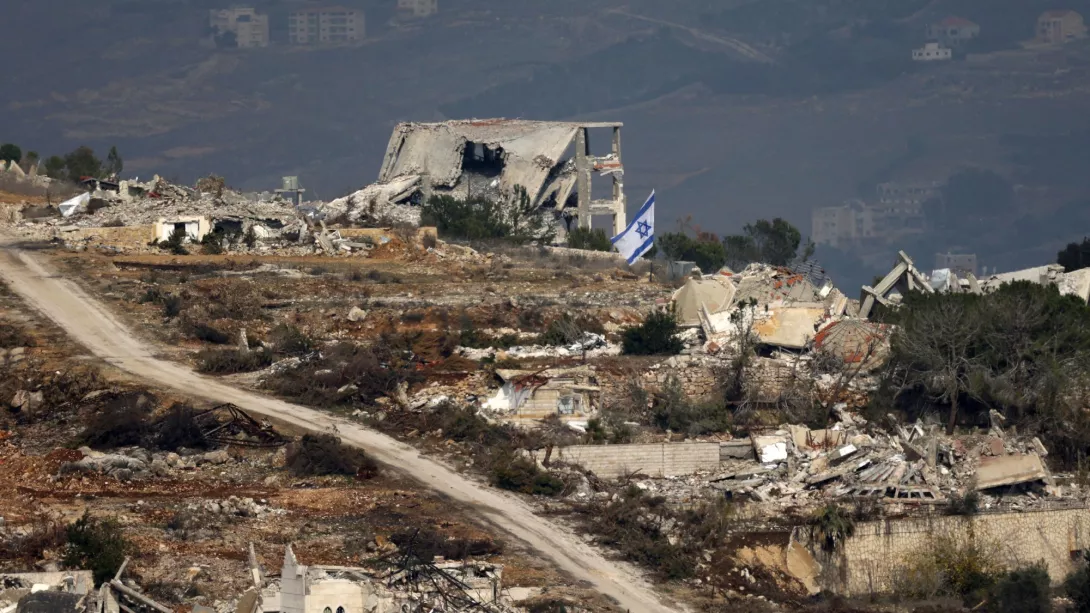
Amid ongoing Israeli occupation of five key hilltops on the Lebanese-Israeli border, Lebanese prime minister Nawaf Salam said on 26 March that “no one in Lebanon wants to normalize ties with Israel.”
While he believes Israeli military pressure is only fermenting more resistance to an agreement, Tel Aviv sees thing differently.
Guy said: “Israel believes that the continued pressure on Hezbollah, which is hurting Lebanon’s reconstruction efforts, could help contain the organization, although a complete disarmament by the local army seems unlikely.
“In addition, Iran, Hezbollah’s main ally, is under heavy pressure of its own that makes it difficult for it to help the Shiite organization recover as it did in the past.”
Israeli bombardment of its neighbour ramped up in March, striking southern and eastern Lebanon, while also resuming bombing in Gaza.
Guy says Trump gave the “green light to continue operating against Hezbollah and maintain a presence in southern Lebanon,” though there is no official statement from him to this effect.
This threat forms part of Trump’s gambit for a deal but what exactly the US and Israel are looking for remains unclear.
With the blessing of Western leaders, Lebanon’s parliament elected the country’s army chief, Joseph Aoun, as their president in January, shortly followed by the appointment of Nawaf Salam as prime minister.
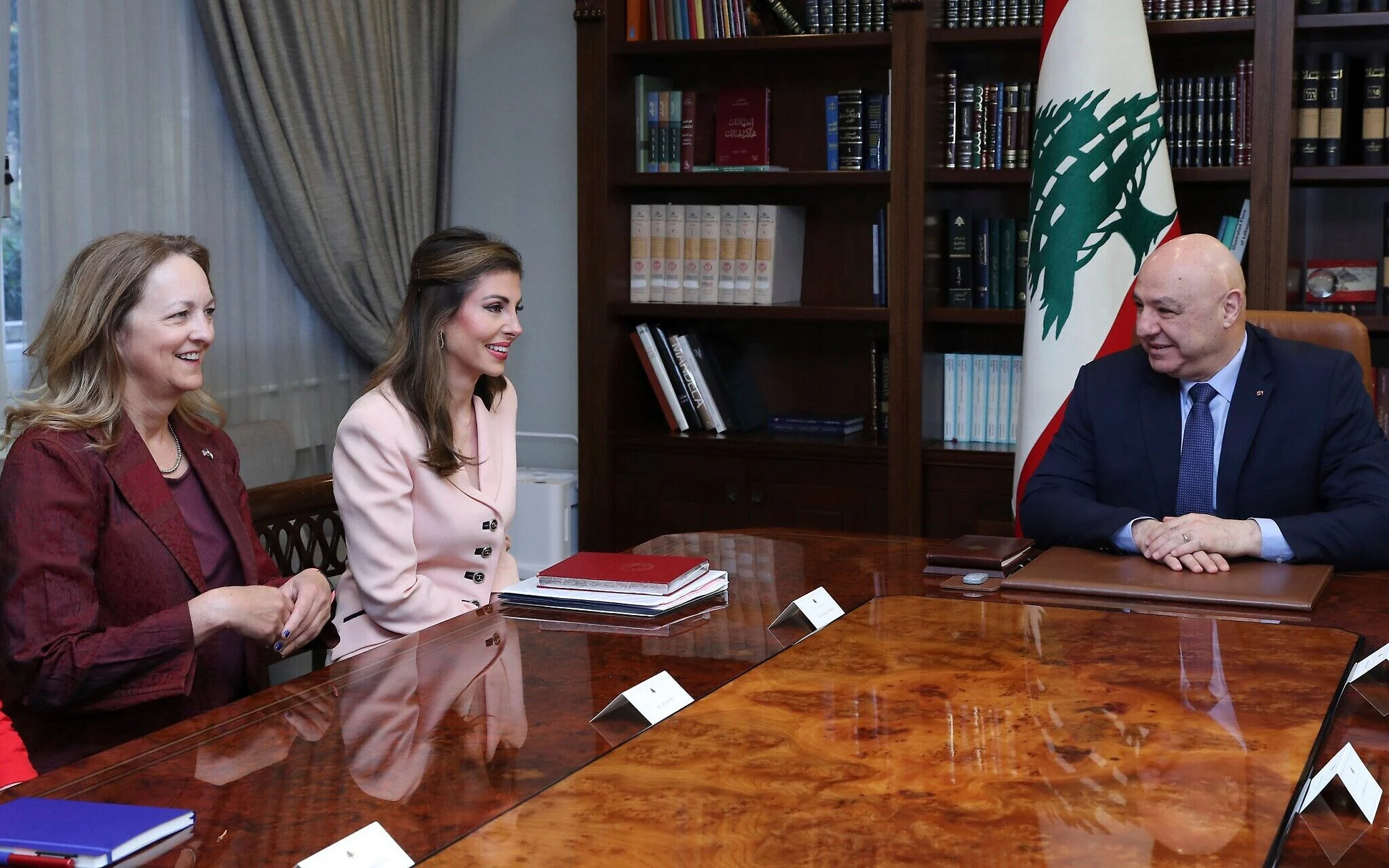
The elevation of the Lebanese Armed Forces (LAF), through the election of Aoun was seen as a blow Hezbollah.
According to Reuters, Melhem Riachi, a Christian lawmaker who voted for the president, said the election marked the end of the previous era with “an Iranian face”.
Washington wants the refreshed Lebanese government to establish control over all weapons in the country, including those held by Hezbollah, according to Al Arabiya.
However, some analysts see the issue boiling down to border disputes which have been a long standing flash point between the Levantine neighbours.
Michael Young, a senior editor at the Malcolm H. Kerr Carnegie Middle East Center in Beirut, told The New Arab: “I think that there has been, in terms of American thinking in the past year, an idea that if Lebanon and Israel delineate their border that this will remove essentially an excuse for Hezbollah to waive the resistance flag and to retain its weapons.”
“So, I think that certainly there is a desire to sort of neutralise the border issue by coming to an agreement. Now is that what’s going to happen? I don’t know.”
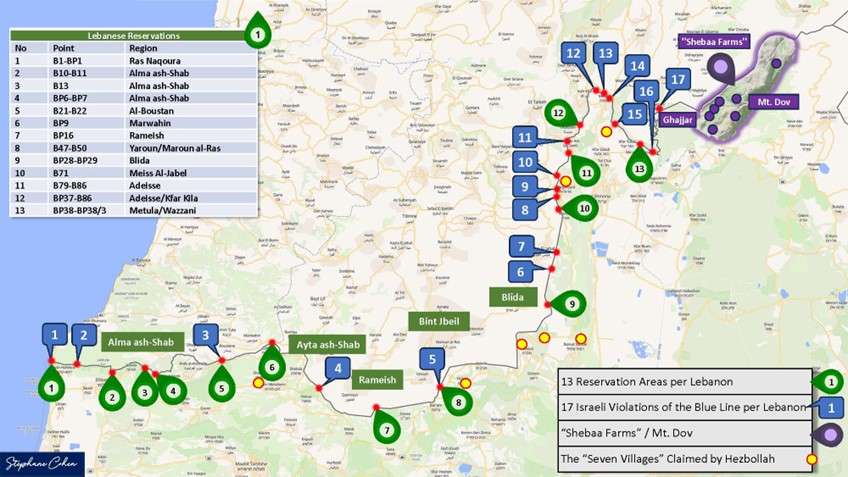
The slow pace of the LAF’s redeployment over the south of Lebanon and its lack of ability to reconcile with Hezbollah, looks to be on a collision course with less patient US foreign policy.
Within the details of the border disagreement lies an even great challenge as Dr Marina Calculli, assistant professor in International Relations at Leiden University, relayed in a TNA interview.
Behind the smoke screen of the ambiguous language, she explained, the goals between the Lebanese and the US-Israeli negotiators differ substantially.
She said: “The Israelis say they want to negotiate the location of the border, while the Lebanese side insists that the border is already clearly demarcated internationally, and they want to discuss the Lebanese spots that Israel is currently occupying.
“There is a quite clear divergence of goals here between the two parties.”
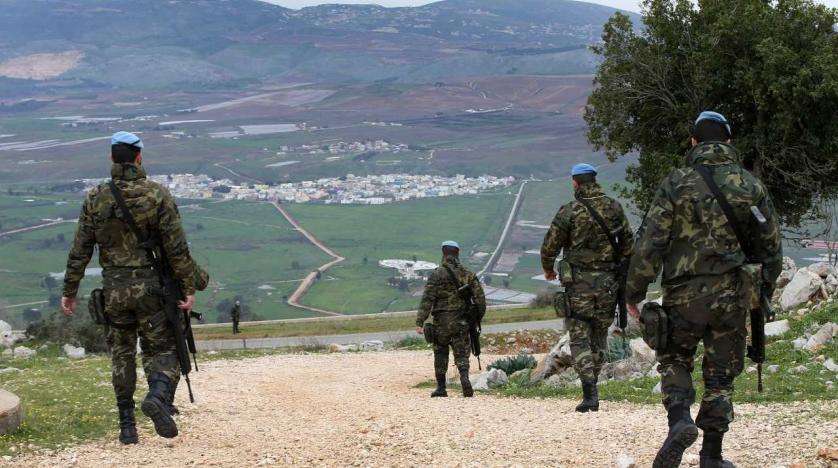
Beirut’s posture is as stubborn as Tel Aviv’s is bullish.
Resistance to any normalisation deal – land concessions or not – is colossal inside Lebanon, especially given Israel’s continued occupation of parts of the country.
Karem Bitar, professor of international relations at the University of Saint-Joseph in Beirut, told Maghrebi: “I would say that any talk of normalization at this stage is extremely premature. Hezbollah will definitely not accept a deal as long as Israel is occupying five strategic hilltops that oversee most of the villages in South Lebanon.
“And the opposition to normalization goes way beyond Hezbollah. The prime minister has said in no uncertain terms just a few days ago that this was not even on the table. While it is true that the United States under Trump has been pushing for some sort of committees that would start a dialogue, there is still overwhelming opposition in the Lebanese political class.”
Indeed, as Bitar points out, normalisation could prove “extremely risky” for whichever Lebanese political party agrees to it.
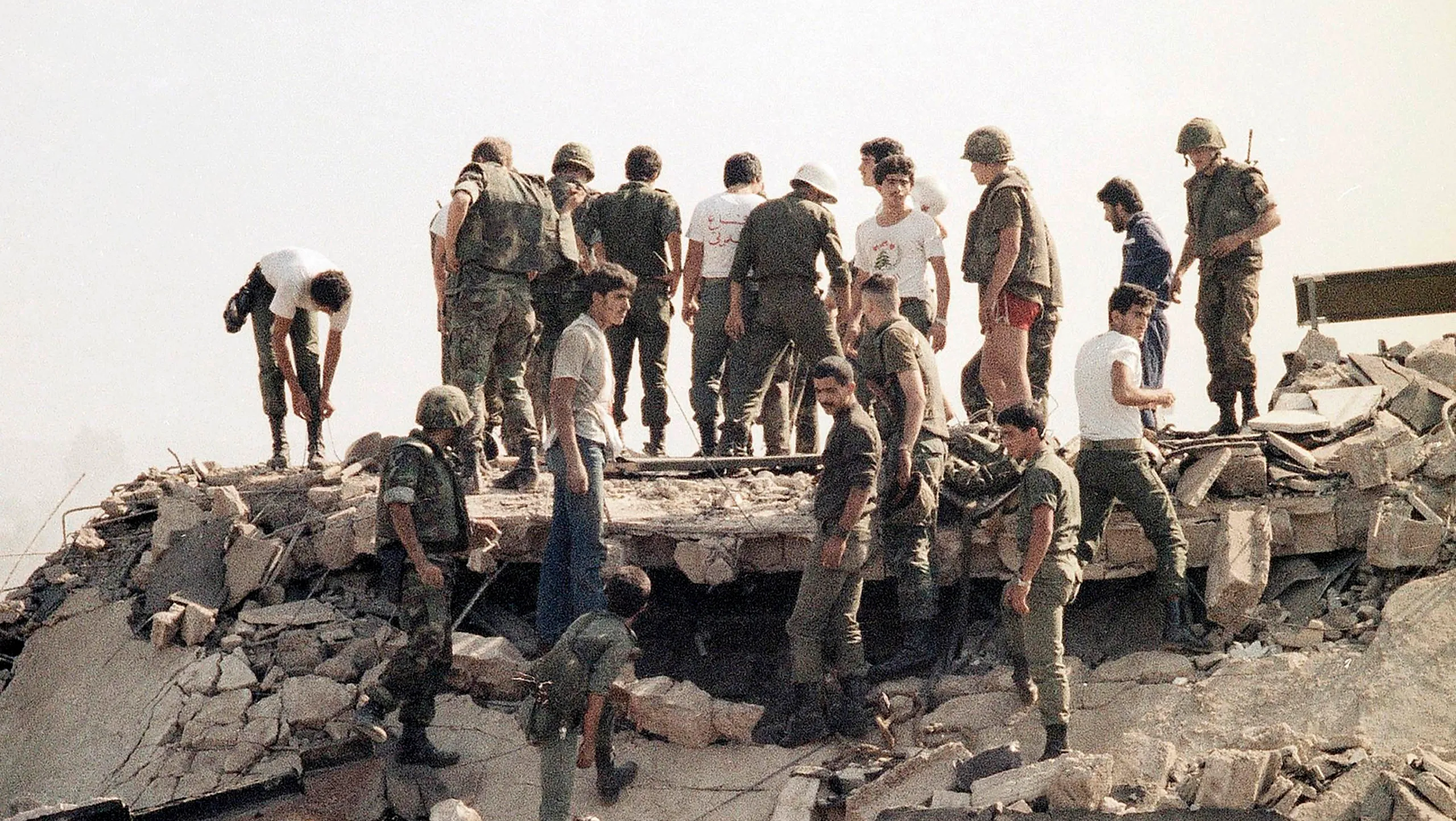
The May 17 Agreement of 1983 terminated the state of war declared between Israeli and Lebanon that had lasted since 1948 and, echoing today’s discussions, provided for the Lebanese Army to take over Israeli occupied parts of the country.
However, the snowballing civil war, driven by the rise of Hezbollah, left Lebanon unable to keep its side of the pact, with the government collapsing the following year and the new one revoking the deal.
Strong opposition had come from not just Lebanon, but from all over the Arab world; Egypt had been diplomatically isolated in the Gulf and Middle East after signing the Camp David accords in 1978.
While there are at present some segments of Lebanese society, particularly among the radical Christian right, who would favour a normalisation deal, says Bitar, they still would think any discussions are premature.
With the Lebanese and the Israelis seemingly no less entrenched than days past, impartial international pressure may be the only diplomatic way out of this treacherous deadlock.
The New Arab, Al Arabiya, Reuters
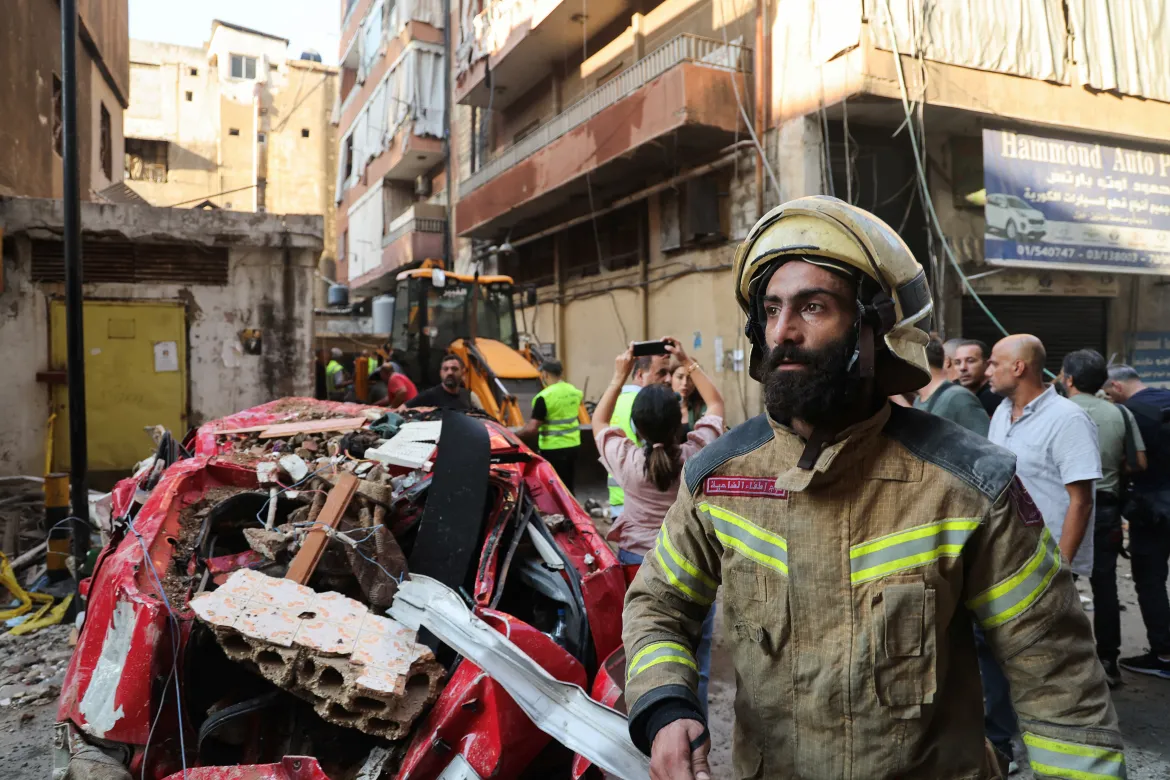
Want to chase the pulse of North Africa?
Subscribe to receive our FREE weekly PDF magazine












